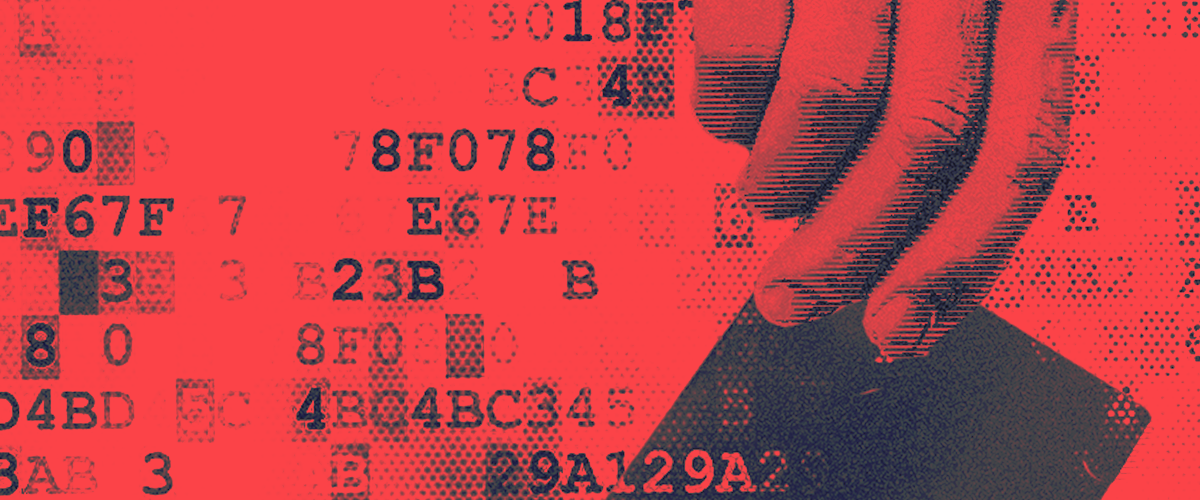Data and Democracy
ORG seeks to prevent digital technologies from eroding public trust in the democratic process.

The politics of data
UK political parties use personal data for campaigning and other purposes. The UK’s electoral systems are undergoing a stress test of a sort that they have rarely experienced. On one hand, innovations such as online deliberation present an opportunity to open up policy making. On the other, political actors are using personal data to make conflicting promises to discrete demographics – with no accountability.
These practices can drive political division and help, or hinder, the ability of elections to be free and fair in the digital age.
To mitigate these threats and restore integrity to our elections we aim to influence debate, conduct research, mobilise supporters and develop principles to shape the ethical use of these technologies.
REPORT: Voter data privacy and canvassing apps
ORG’s report into how poltical parties’ canvassing apps impact voter data privacy.
Find out morePolitical parties and data profiling
Political parties use electoral register and commercially sourced data to target voters. Data provides proxy inferences about someone’s identity, lifestyle or status. Misleading profiles can distort democratic engagement and be weaponised to interfere with elections.
REPORT: Who Do They Think We Are?
How political parties trade and grade the personal data of UK voters
Find out moreTake Action
ACCESS WHAT INFORMATION POLITICAL PARTIES HAVE ABOUT YOU
Use our tool to find out what data political parties hold about you
Find out moreOpt-out of political parties processing your data
Use our tool to quickly opt-out of political parties holding your sensitive data
Take actionKEEP UP TO DATE WITH OUR CAMPAIGNS
Subscribe to our newsletter to receive updates on the latest developments affecting your digital rights.
Sign up nowThe Story So Far
What Do Political Parties Really Know About You?
This Thursday (1 May 2025), voters will go to the polls in 1,641 council seats across 24 local authorities.No Data Protection, No Democracy
As the General Election approaches, political parties in the UK are clashing and competing in the attempt to win voters, leaving no stone unturned—including the use of digital technologies.The DPDI Bill Threatens the Integrity of the UK General Election
In our latest briefing, Open Rights Group raises the alarm over changes in the Data Protection and Digital Information Bill (DPDI Bill) that could open the floodgate for the abuse of data analytics and new technologies for electoral manipulation.More Information
01 April, 2025
Data and Democracy
Briefing: Data Use and Access Bill Henry VIII powers threaten democracy and UK adequacy
Henry VIII clauses are delegated legislative powers that allow the government to override or amend primary legislation as it was enacted by Parliament.
Find Out More
01 April, 2025
Data and Democracy
Joint Letter: Henry VIII powers in Data Use and Access Bill could undermine election integrity
To Sir Chris Bryant MP, Minister of State at the Department for Science, Innovation and Technology
To Rt Hon Angela Rayner MP Secretary of State for Housing, Communities and Local Government and Deputy Prime Minister
As organisations and individuals concerned with health functioning of democracy, we welcomed the commitment in the Kings Speech to “strengthen the integrity of elections”.
Find Out More
Press Releases
01 April, 2025
Democracy groups warn of threat ‘Henry VIII’ powers pose to future election integrity
Democracy organisations, privacy groups and academics have written to government ministers to warn that powers in the Data Use and Access (DUA) Bill could threaten the integrity of future elections.
Find Out More
30 January, 2025
New report: Voter data privacy concerns over apps used by political parties
Moral Hazard
A new report, Moral Hazard: Voter Data Privacy and Politics in Election Canvassing Apps, raises concerns about the privacy and security of canvassing apps used by political parties.
Find Out More
06 June, 2024
General election: ORG launches tool to help people opt out of data processing by political parties
Digital campaigners, the Open Rights Group (ORG) are helping the public to opt out of the processing of their data by political parties in the run up to the General Election.
Find Out More
